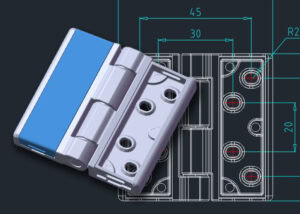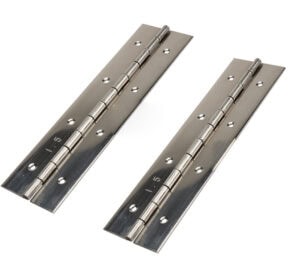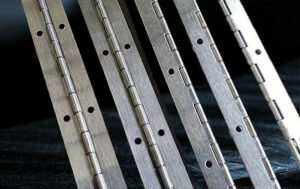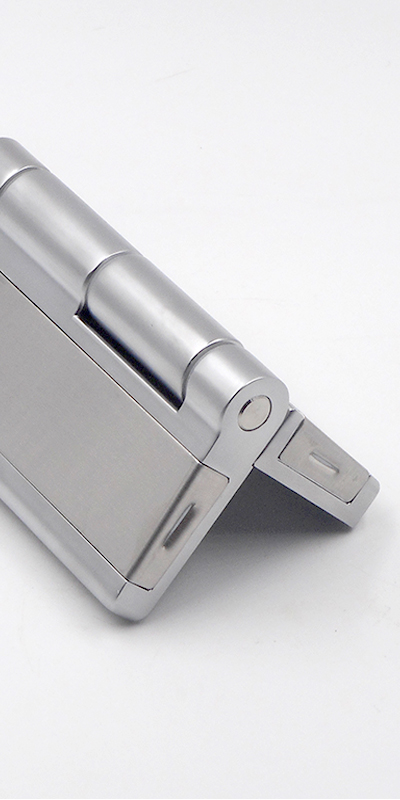When the plating gets damaged, nickel-plated steel will rust. Rust can cause all sorts of problems with your stuff. But, you can avoid these problems by choosing good plating and maintaining it properly.
Yes, nickel-plated steel is corrosion resistant, but its effectiveness depends on the quality and thickness of the plating and the environment.
This article looks at how long it lasts, what can go wrong, and how to use it in situations where its resistance will be challenged.
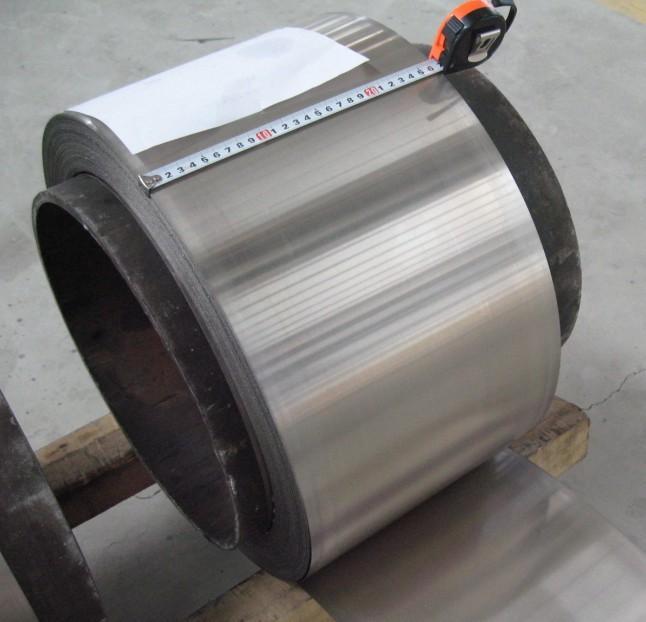
Does Nickel-Plated Steel Corrode?
Nickel-plated steel is supposed to fight off corrosion by creating a barrier between the steel and whatever is trying to turn it into rust. The plating is this barrier that keeps out things like moisture, chemicals, air, etc. Once the plating gets damaged, or it gets too thin, the steel underneath is exposed and can start to rust.
In places with a lot of corrosion (like where saltwater is involved), if the surface isn’t maintained, the nickel-plated steel will rust faster. Scratches, dents, or defects in the nickel layer give moisture and oxygen a way to get to the steel underneath.
Is Nickel Good for Corrosion Resistance?
Nickel is a great metal for resisting corrosion, and that’s why people use it for plating. In mildly corrosive environments, nickel serves as a passive protective layer. Nickel doesn’t oxidize under normal atmospheric conditions, so it stays stable. This makes it ideal for industrial applications that need a relatively inexpensive way to protect against corrosion. Some of the iron butt hinges produced by IHINGES have a nickel-plated finish.
Nickel does well against acids and alkalis, which is why it’s good for use in the chemical industry. But, it’s not as good at resisting corrosion as a metal like stainless steel in harsh conditions like those with lots of salt or extreme weather.
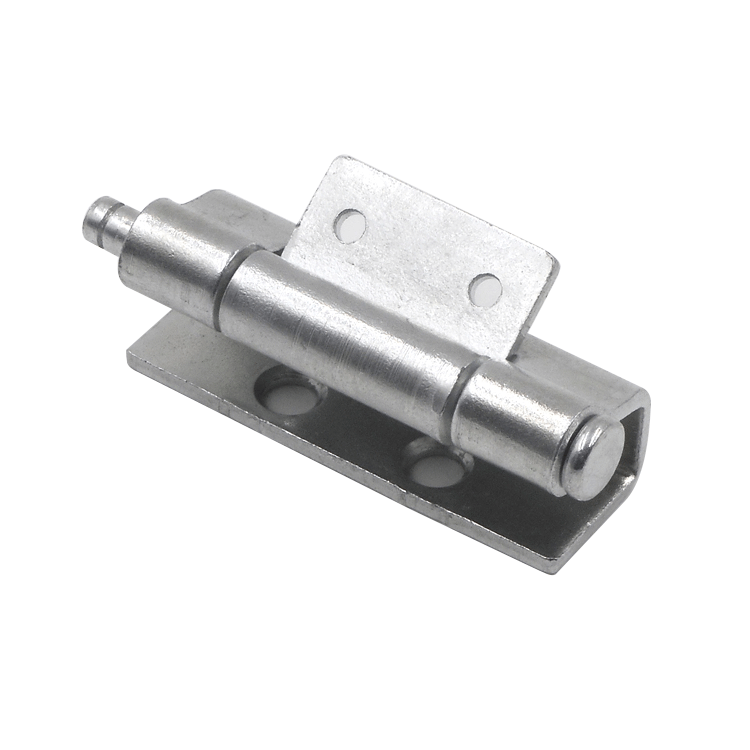
How Durable is Nickel-Plated Steel?
How long nickel-plated steel lasts depends on the quality of the nickel plating and how thick it is. The thicker the nickel plating, the longer it will protect the steel from corrosion. You’ll find nickel-plated steel used every day in things like automotive parts, machinery, and other things that need the strength of steel but also need to resist corrosion a little bit.
The steel underneath is still vulnerable if the nickel plating gets damaged. Over time, things hitting it, rubbing against it, or wear and tear from the environment can damage the nickel. When the nickel gets damaged, it can rust. Regular maintenance, such as cleaning it and looking for damage, will help you keep it from rusting.
Why Does Nickel Plating Sometimes Rust?
Rust on nickel-plated steel usually comes from imperfections or damage in the nickel plating. When the protective layer is damaged, moisture and air can get to the steel underneath, and it will oxidize and rust. Bad plating, including thin or inconsistent plating, increases the risk of rusting over time.
You can also get rust because you don’t take care of your nickel. If you put nickel-plated stuff out in a harsh environment and don’t clean it or take care of it, it will rust. Things like salt or pollutants in the air can eat away at the plating. Addressing these things early by putting the right sealants on it or fixing it when it breaks will help avoid rust.
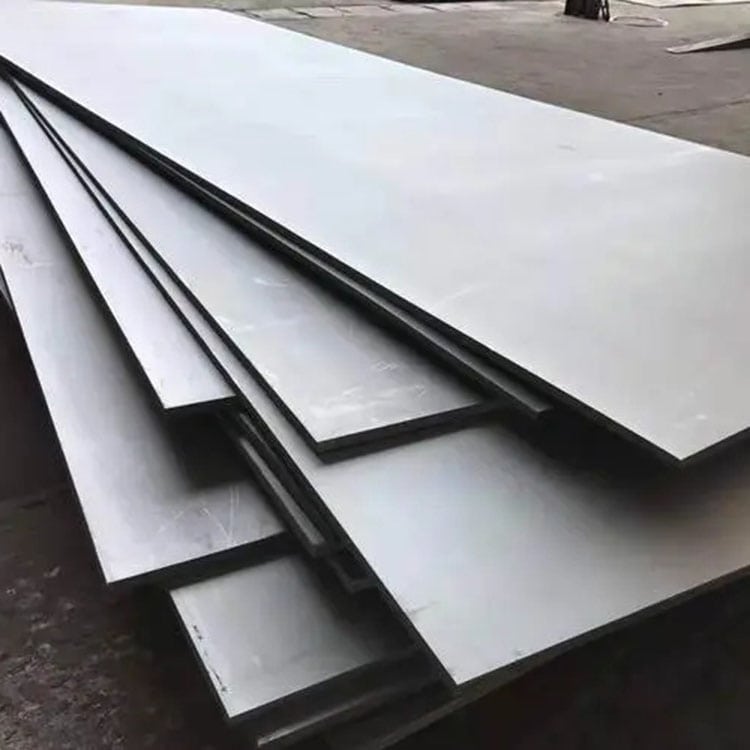
Is Nickel-Plated Steel Weatherproof?
Nickel-plated steel does a good job protecting against different weather conditions, especially in mild climates. In dry areas, the nickel layer does a good job of keeping the moisture away from the steel. But, it’s not perfect, especially in places with lots of humidity or salt. Over time, rain, snow, or salt can wear down the nickel plating.
If you want to use it outside, it’s best to put some kind of clear coating or sealant over it to help protect it. You should also check it regularly for damage or wear.
Nickel-Plated Steel vs. Stainless Steel: Which Is Better for Corrosion Resistance?
When you compare nickel-plated steel to stainless steel, stainless steel is usually better at resisting corrosion. The reason is it has chromium in it. This chromium creates a stable oxide layer that protects the steel even if it gets scratched or damaged. The corrosion resistance is part of the material so it doesn’t depend on a coating on the outside to protect it.
Nickel-plated steel relies on the nickel layer to keep the steel from rusting. If the nickel layer gets damaged, the steel will rust. While nickel-plated steel may be a more cost-effective solution in some applications, stainless steel is often the better choice when you need high corrosion resistance and long-term durability, like in marine or industrial settings.
Conclusion
Nickel-plated steel will provide good protection against corrosion if you take care of it, but its performance depends on the environment and how well you take care of it. In more demanding conditions, you might want to use stainless steel.

